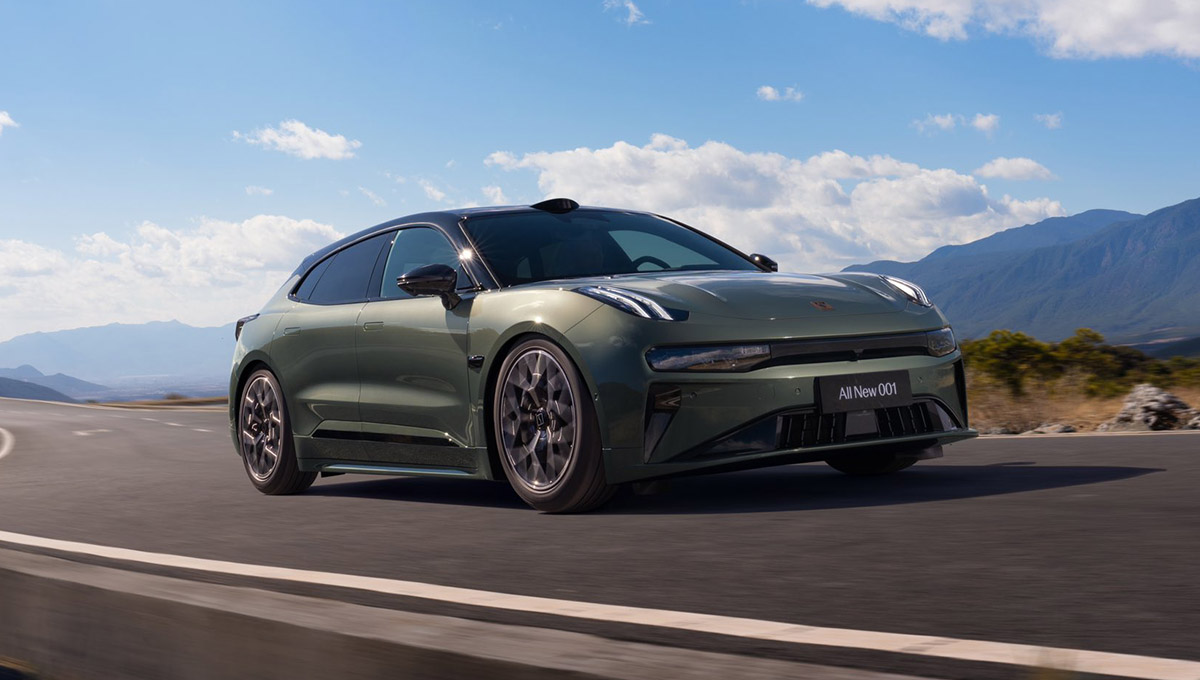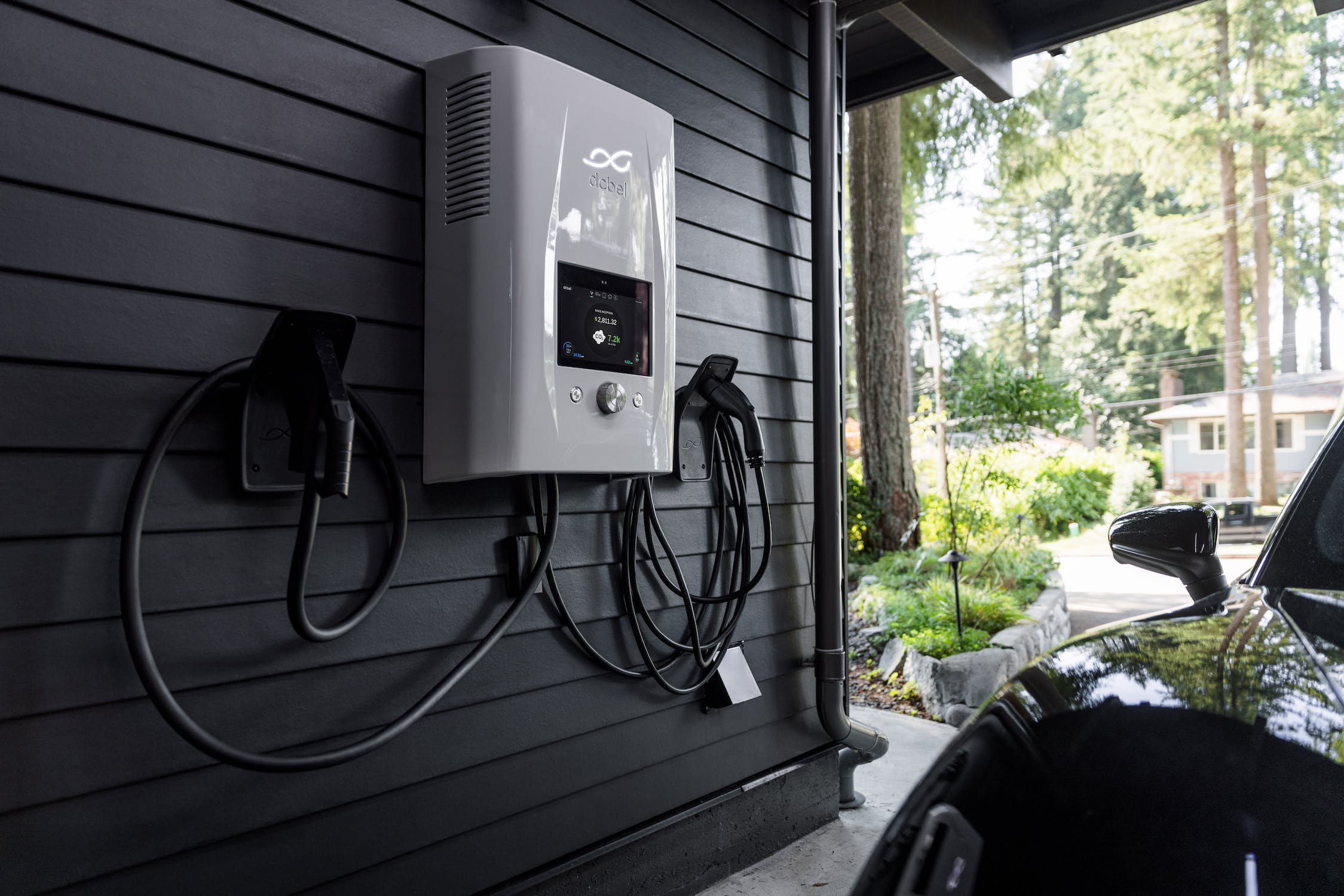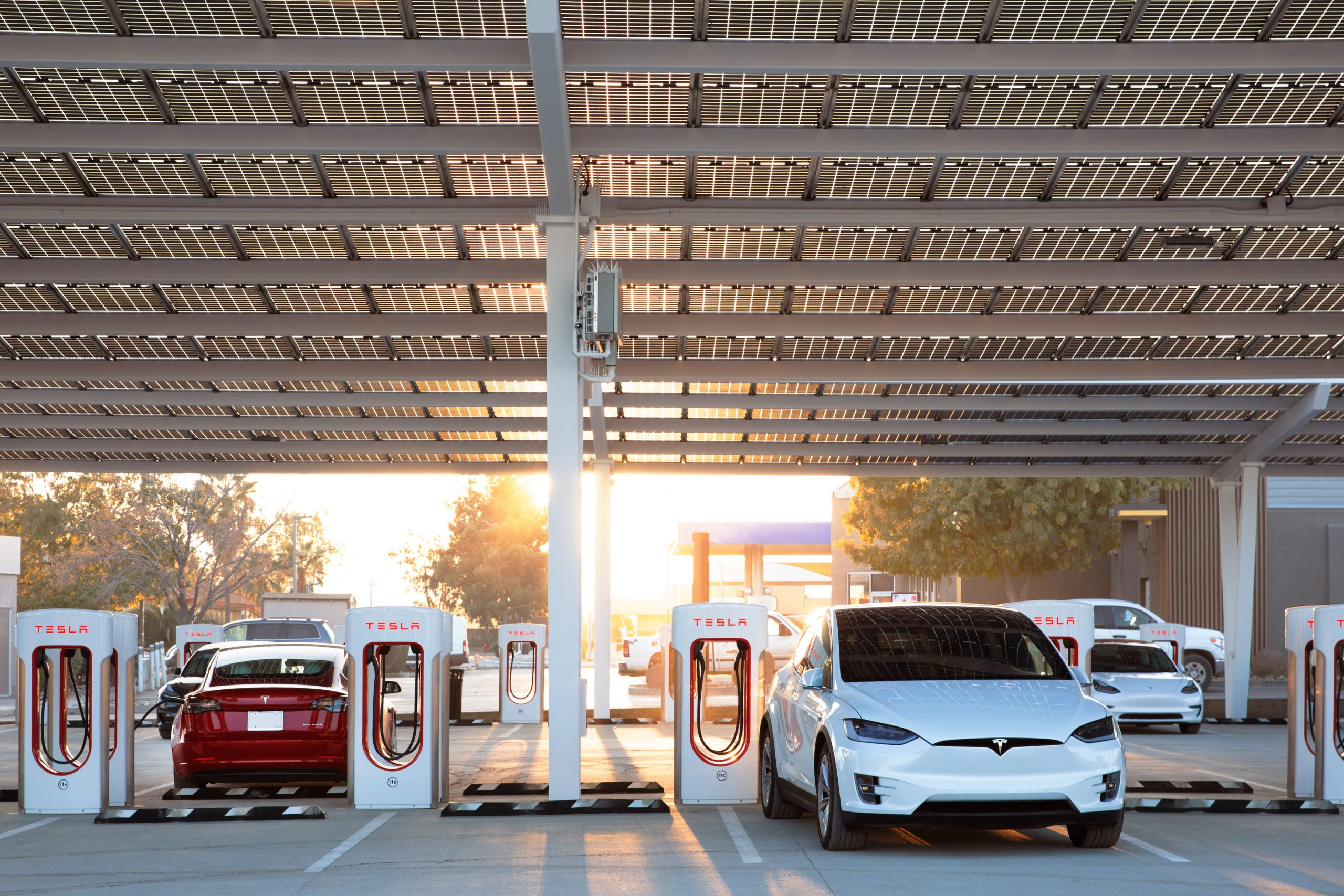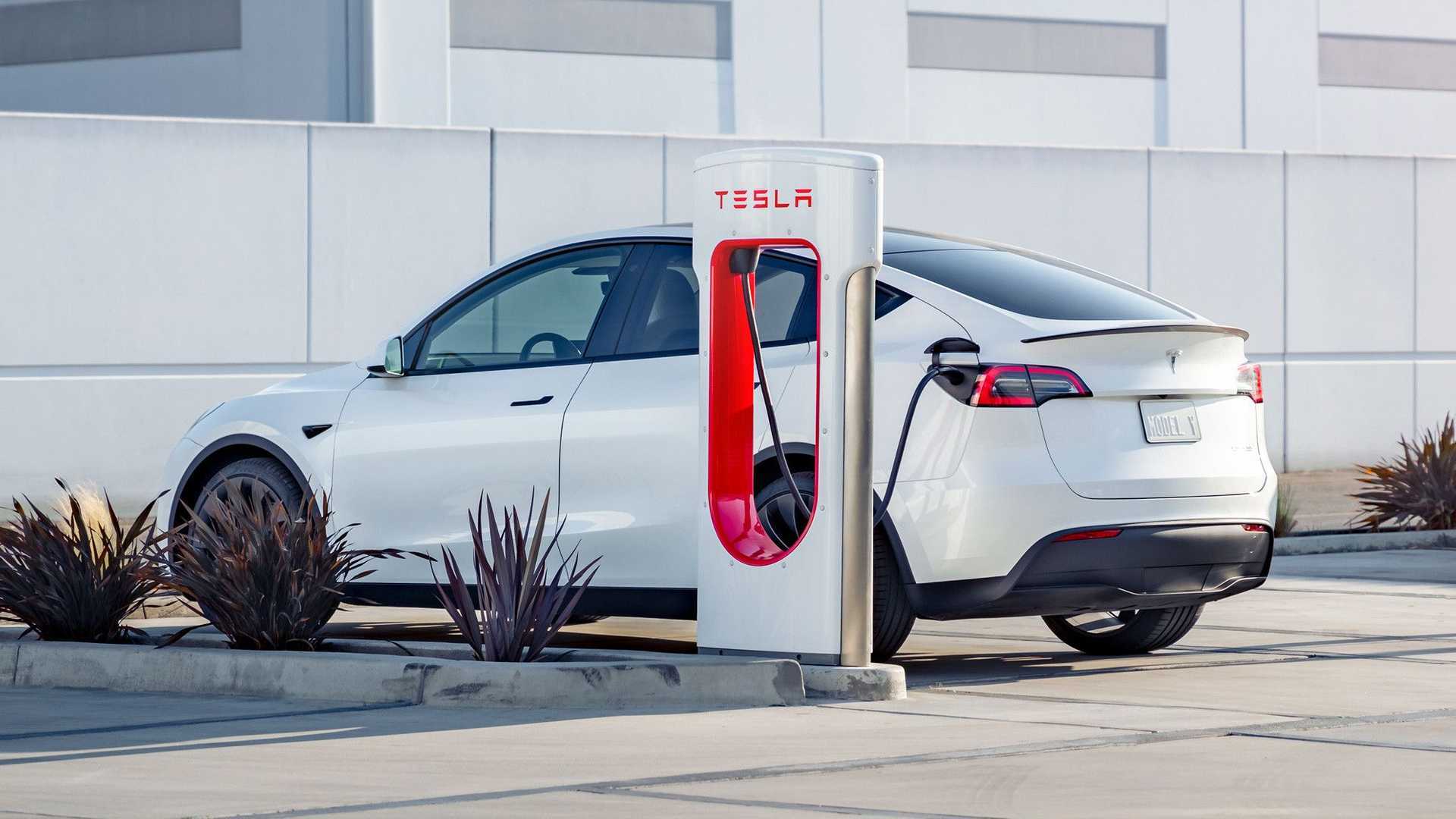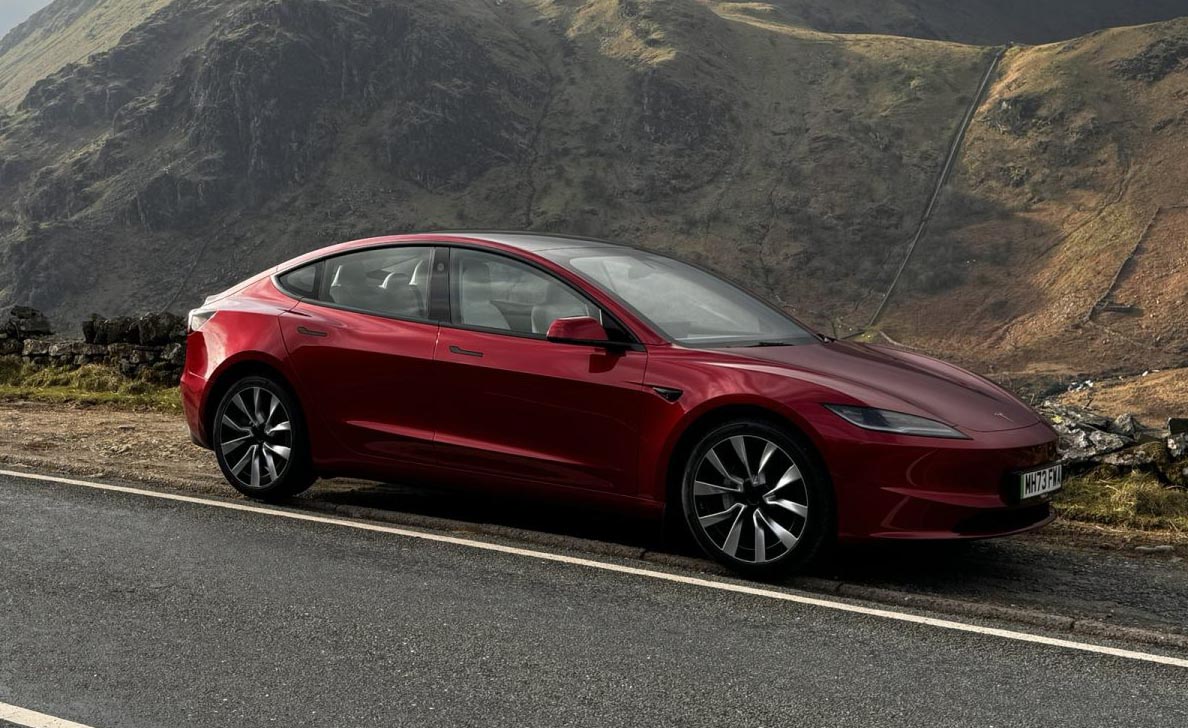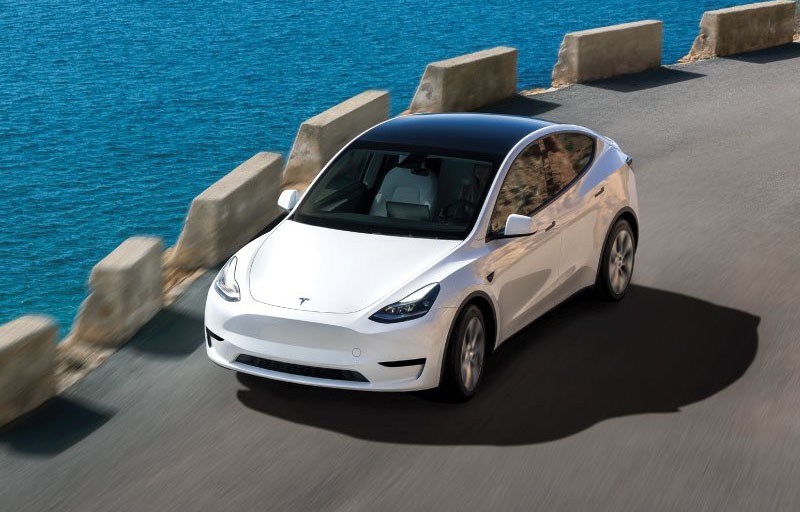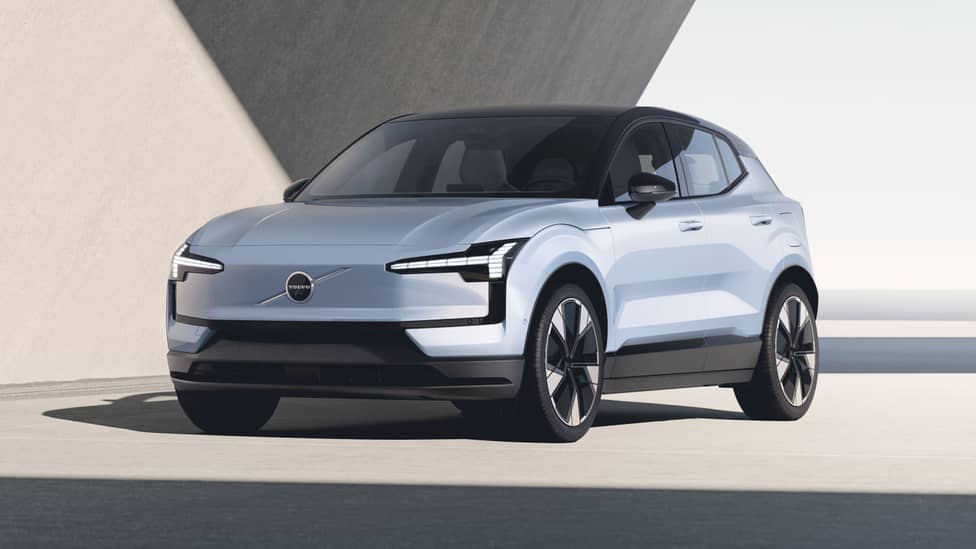According to a recent ranking by the Center of Automotive Management (CAM), Chinese car manufacturers are dominating global electromobility in terms of innovation. The top six most innovative electric car companies include three Chinese companies: Geely, BYD, and SAIC.
Tesla remains the world’s most innovative car manufacturer in the field of battery-electric mobility, ahead of the Volkswagen Group, according to CAM. However, it is directly followed by two Chinese representatives, Geely and BYD. The SAIC Group is in 6th place but achieved the second-largest increase in innovative strength in the study.
The CAM team individually assessed a total of 512 innovations in series-produced electric cars in 2023. Of these, 45% came from Chinese manufacturers, while German OEMs accounted for 20% of global innovative strength. The Geely Group achieved the strongest growth, followed by SAIC, the VW Group, BMW, BYD, and Tesla.
In the overall ranking of all total innovations since 2012, Tesla continues to lead, but its competitors have been able to close the gap. With 199 IP, VW is described as the first “fast follower,” followed by Geely and BYD. The Mercedes-Benz Group falls to 7th place, remaining ahead of BMW and Stellantis.
Rivian is the strongest “newcomer” with 39.3 IP. Although only 11 IP were added in 2023, Rivian displaced former shareholder Ford from 13th place. Xpeng moved up significantly to 15th place, and GAC is also catching up, ranked 17th.
The CAM attributes Geely’s strong growth to models like the Zeekr 009 and Lotus Eletre, while BYD focuses on battery innovations, such as cell-to-body technology. For German groups, VW’s premiere of the ID.7 was rated positively.
Study director Stefan Bratzel highlighted the importance of both innovative strength and a low purchase price in future market success, stating, “Cost leadership along the electromobility value chain is becoming a key success factor for the further market ramp-up.”
Tesla has asked its shareholders to approve CEO Elon Musk’s controversial $56 billion pay package, which was originally set in 2018 but was rejected by a Delaware judge earlier this year. The compensation plan, which includes no salary or cash bonus, is based on Tesla’s market value reaching up to $650 billion over the next decade. Currently, Tesla is valued at $500.36 billion.

